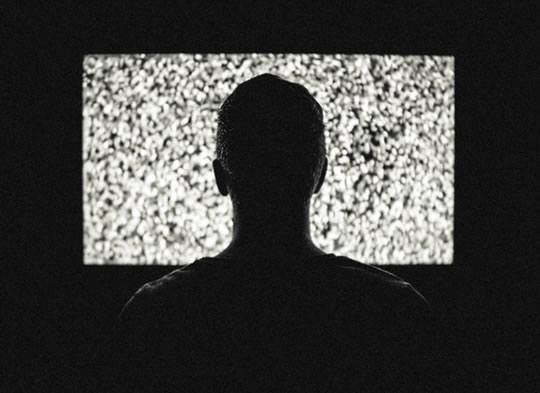
People frequently give those with insomnia the worst advice with the best of intentions.
Many people give incorrect advice about insomnia to their partners with the best of intentions, new research reveals.
Psychologists studied 31 bed partners of people with insomnia.
They wanted to see how they tried to support their insomniac partners.
What they found was worrying…
74% of people encouraged an earlier bedtime or a later bedtime – Wrong!
In fact, treatments for insomnia advise people to keep the same sleep and wake times.
It is critical to get into a regular routine that works.
Going to bed early can make insomnia worse because the insomniac lies in bed longer, thinking about why they can’t get to sleep.
Similarly, getting up late is dangerous it starts shifting the sleep-wake cycle later.
42% of people told their partners to read or watch TV in bed – Wrong!
It is better to keep the bed for just sleeping.
The mind needs to learn the association that the bed is just for sleeping (and possibly one other thing!)
If the mind learns it can lie in bed awake watching TV, it is less likely to sleep.
Plus the TV and screens in general should be avoided in the bedroom because they stimulate the brain.
35% thought caffeine, naps and reduced daytime activities would help insomniacs — Wrong, wrong and wrong!
Naps during the day can be dangerous for the insomniac because, again, it breaks the routine of sleeping at night.
Reducing daytime activities may mean the insomniac is more alert when they go to bed — the exact reverse of the situation they want.
Hopefully it is clear why drinking stimulants might have some impact on sleep!
Dr Alix Mellor, who led the research, said:
“It is possible that partners are unwittingly perpetuating insomnia symptoms in the patient with insomnia.
It is therefore important for more data to be collected to determine whether insomnia treatments may better benefit patients and their partners by proactively assessing and addressing bed partner behaviors in treatment programs.”
The study was presented at SLEEP 2017, the 31st Annual Meeting of the Associated Professional Sleep Societies in Boston (Mellor et al., 2017).




